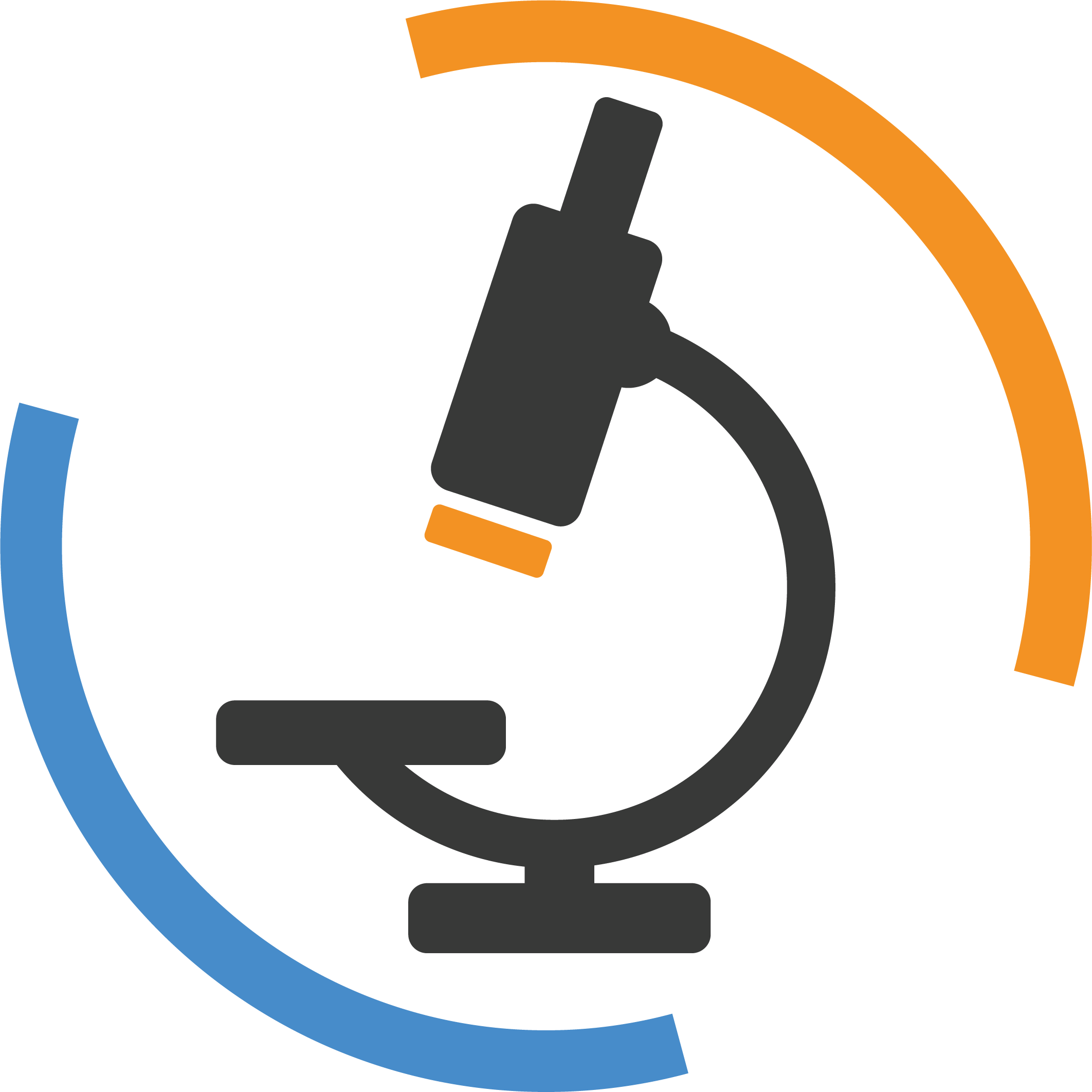What is a triiodothyronine (T3) test?
This test measures the level of triiodothyronine (T3) in your blood. T3 is one of two major hormones made by your thyroid, a small, butterfly-shaped gland located near the throat. The other hormone is called thyroxine (T4.) T3 and T4 work together to regulate how your body uses energy. These hormones also play an important role in controlling your weight, body temperature, muscle strength, and nervous system.
The T3 hormone comes in two forms:
-
Bound T3, which attaches to protein
-
Free T3, which does not attach to anything
A test that measures both bound and free T3 is called a total T3 test. Another test called free T3 just measures free T3. Either test may be used to check T3 levels. If T3 levels are not normal, it can be a sign of thyroid disease.
What is it used for?
A T3 test is most often used to diagnose hyperthyroidism, a condition in which the body makes too much thyroid hormone.
T3 tests are frequently ordered with T4 and TSH (thyroid stimulating hormone) tests. A T3 test may also be used to monitor treatment for thyroid disease.
What happens during a T3 test?
A health care professional will take a blood sample from a vein in your arm, using a small needle. After the needle is inserted, a small amount of blood will be collected into a test tube or vial. You may feel a little sting when the needle goes in or out. This usually takes less than five minutes. At SOUTH PUNJAB LAB this test is done by ROCHE SPECIAL CHEMISTRY.
Will I need to do anything to prepare for the test?
You don’t need any special preparations for a T3 blood test. Your health care provider will let you know if you need to stop taking any medicines before your test. Certain medicines can raise or lower T3 levels.
What do the results mean?
If your results show high total T3 levels or high free T3 levels, it may mean you have hyperthyroidism. Low T3 levels may mean you have hypothyroidism, a condition in which your body doesn’t make enough thyroid hormone.




